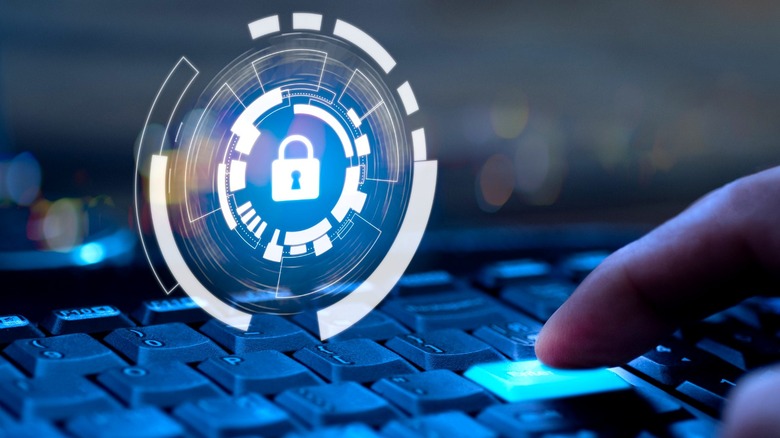Read This Before Downloading A PDF Directly From Google Search Results - It Could Be A Virus
Cloud and computer security leader Netskope reports that phishing downloads have increased 450% over the past 12 months. Cybercriminals are getting creative and taking on more sophisticated approaches to bypass established security measures and user awareness. As the FBI explains, phishing, vishing, smishing, or pharming refers to the use of "unsolicited email, text messages, and telephone calls purportedly from a legitimate company requesting personal, financial, and/or login credentials." But now hackers are giving phishing a new spin.
Attackers are creating PDF files and using search engine optimization techniques to rank these files high on popular search engines like Google and Bing, according to the new report. The PDF files that are used in attacks can take different deceptive forms, such as CAPTCHAs, fake file sharing requirements, or fake invoices. They can also be coded to redirect the victim to compromised websites or malicious sites. The experts say 81% of attacks caused by Microsoft Office files, PDFs, or ZIP files were coded as EXE or DLL files. Netskope's Cloud and Threat Report: Global Cloud and Malware Trends 2022 report reveals that trojans — used to create backdoors, steal data, and execute ransomware — accounted for 77% of all cloud and web malware downloads. Malware comes both from cloud apps as well as traditional websites.
A rising victim count, and how to keep safe from malicious PDFs
Phishing tops the crime list of the FBI's Internet Crime Report 2021 with 323,972 victims reporting a crime of this type. The victim loss for phishing exceeded $44.2 million, and the victim loss for malware, scareware, or virus was about $5.5 million. Phishing as a trend is skyrocketing. In 2019, the count of phishing victims was just 114,702. Once a threat gains access to code execution on a device or network, it owns, controls, and can deploy all sorts of attacks, from data breaches to encryption ransomware. Malicious PDFs ranking in search engines can also be used to redirect victims to spam, scam, and malware distribution sites.
Netskope recommends users and organizations scan everything and avoid app suites with cloud storage ranking high in malware downloads. Security and threat protection software must always be updated and running to detect and block malware in all endpoints. Additionally, risky websites should be blocked, safe and trusted apps should be used over alternatives, PDF sources should be checked, and only trusted PDF readers that have built-in security and prevent the code of a PDF from "talking" outside of the file with your device or computer should be used. Finally, users should always create strong passwords and set up two-factor authentication.

